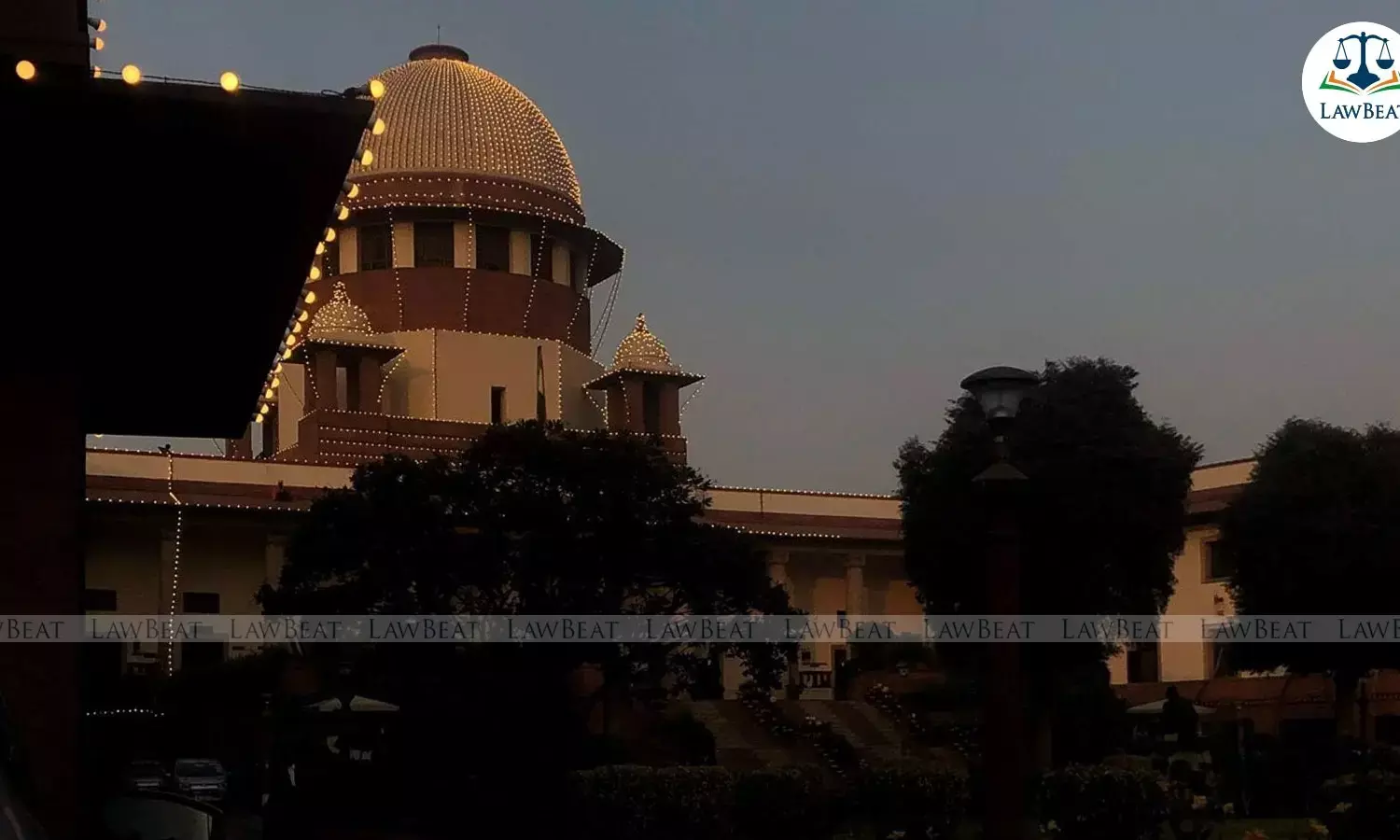Can an extra judicial confession alone convict an accused in India? Supreme Court clarifies

The Supreme Court has once again underlined the weak evidentiary value of extra judicial confessions while acquitting a woman and her son in a nearly three decade old murder case. The court held that the prosecution failed to prove even a single incriminating circumstance that could justify conviction and described the theory of extra judicial confessions as nothing but a cock and bull story created by the police to lend credence to a flimsy case. The bench of Justices Manoj Misra and Sandeep Mehta found that both the trial court and the Punjab and Haryana High Court had grossly erred in their appreciation of evidence while upholding the conviction despite a negative forensic report and unreliable testimony regarding last seen together and confessional statements.
The case concerned the murder of one Balwant in 1997. The prosecution alleged that Shanti Devi, her son Rajbir, and another woman named Veena were responsible. It was claimed that Shanti Devi and Rajbir were tenants in Balwant’s house and there was a dispute over vacating the premises. Veena was alleged to be in an illicit relationship with the deceased. Veena died during the pendency of the appeal before the High Court. The police arrested all three accused on the basis of alleged extra judicial confessions made to unrelated persons. The trial court convicted them and the High Court upheld the decision on 24 May 2024. Shanti Devi challenged the judgment before the Supreme Court while Rajbir had not filed an appeal. However, the Supreme Court extended the benefit of its acquittal to him as well, discarding the entire prosecution case.
The court noted that the prosecution’s version rested heavily on extra judicial confessions. According to the case, Shanti Devi allegedly confessed before one Nathu Ram, Rajbir before Krishan @ Kuli, and Veena before Shamsher Singh. The Supreme Court found it implausible that three different accused would randomly confess before unrelated individuals in similar fashion. The bench held that this similarity convinced the court that the story was concocted by the investigating agency in order to show progress in solving what was essentially a blind murder case. The bench reiterated the law that extra judicial confessions have very weak evidentiary value and must be accepted with great caution, citing the judgment in Sahadevan v. State of Tamil Nadu (2012).
The Supreme Court also found that the recoveries of alleged weapons based on disclosure statements were not credible. The court observed that despite a negative FSL report, the trial court and High Court had wrongly placed reliance on these recoveries. The bench went further to hold that the documents including disclosure statements and recovery memos appeared to have been prepared at one go after the recoveries were allegedly made, casting grave doubt on the authenticity of the entire exercise. The court emphasised that law is well settled that a confessional statement made before a police officer cannot be admitted in evidence except under Section 27 of the Evidence Act and only to the limited extent that it leads to discovery of a fact. In this case, even that safeguard was not satisfied.
The bench also found the prosecution theory of motive unsustainable. The informant, father of the deceased, alleged enmity as the reason behind the crime, stating that Shanti Devi was illegally occupying a portion of Balwant’s house. But in his own testimony he admitted that she was a tenant. The Supreme Court found it illogical that if there was acrimony, Balwant would frequently stay in the very same house where the supposed inimical family was residing. The bench therefore held that the motive attributed to Shanti Devi and Rajbir was not established by cogent evidence. It also noted that the informant himself admitted that Balwant had been arraigned in a murder case earlier and had relations with multiple women, suggesting that more than one person could have had enmity with him. The fact that his wife Savitri, who would have been the best witness to testify about his relationships and disputes, was not examined by the prosecution further weakened the case.
The court found that a chance witness was planted by the prosecution to support its story and that the reliance on extra judicial confessions, planted witnesses, and inadmissible recoveries had vitiated the case entirely. In these circumstances, the bench concluded that the conviction of Shanti Devi and Rajbir was unsustainable in law. It set aside the judgments of both the trial court and the High Court and acquitted them.
The ruling reinforces the settled principle that extra judicial confessions by themselves cannot be the sole basis of conviction in serious offences like murder unless they are corroborated by strong and cogent evidence. The Supreme Court’s analysis makes clear that courts must exercise extreme caution and cannot rely on flimsy or concocted stories presented by the prosecution.
Case Title: Shanti Devi Vs State of Haryana
Judgment Date: August 13, 2025
Bench: Justices Manoj Misra and Sandeep Mehta
